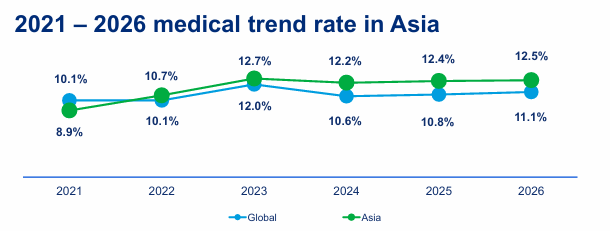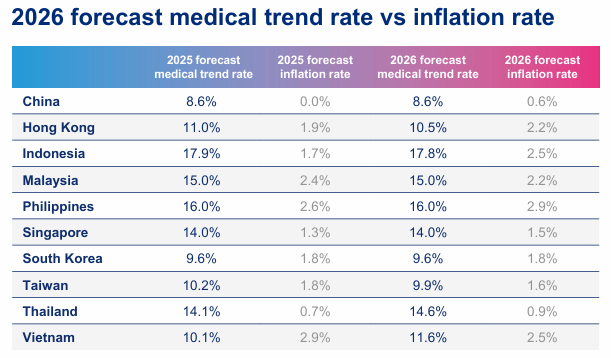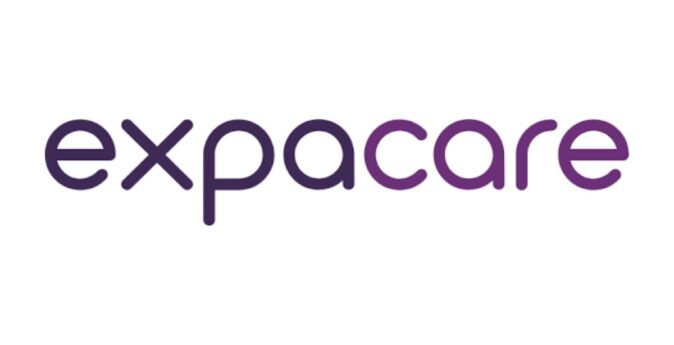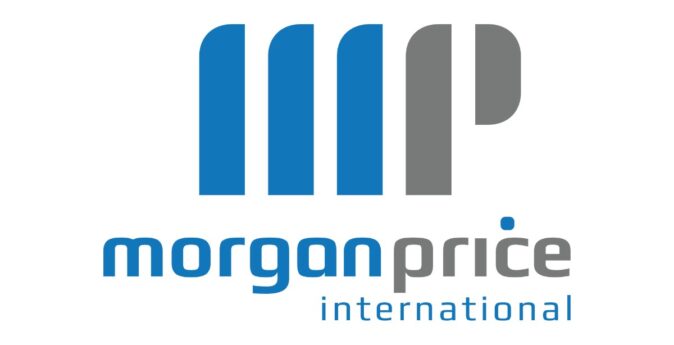Ask a question. Get a quote. Talk, chat, email – your choice
Our goal is to provide you with the information you need to make informed decisions. Whether you’re exploring insurance or investments, these articles are designed to help. If you still have questions or are ready to take the next step, our team is here to assist you.

Questions? Want a quote or consultation?
We will never sell or use your personal information for any reason other than to provide these services.










